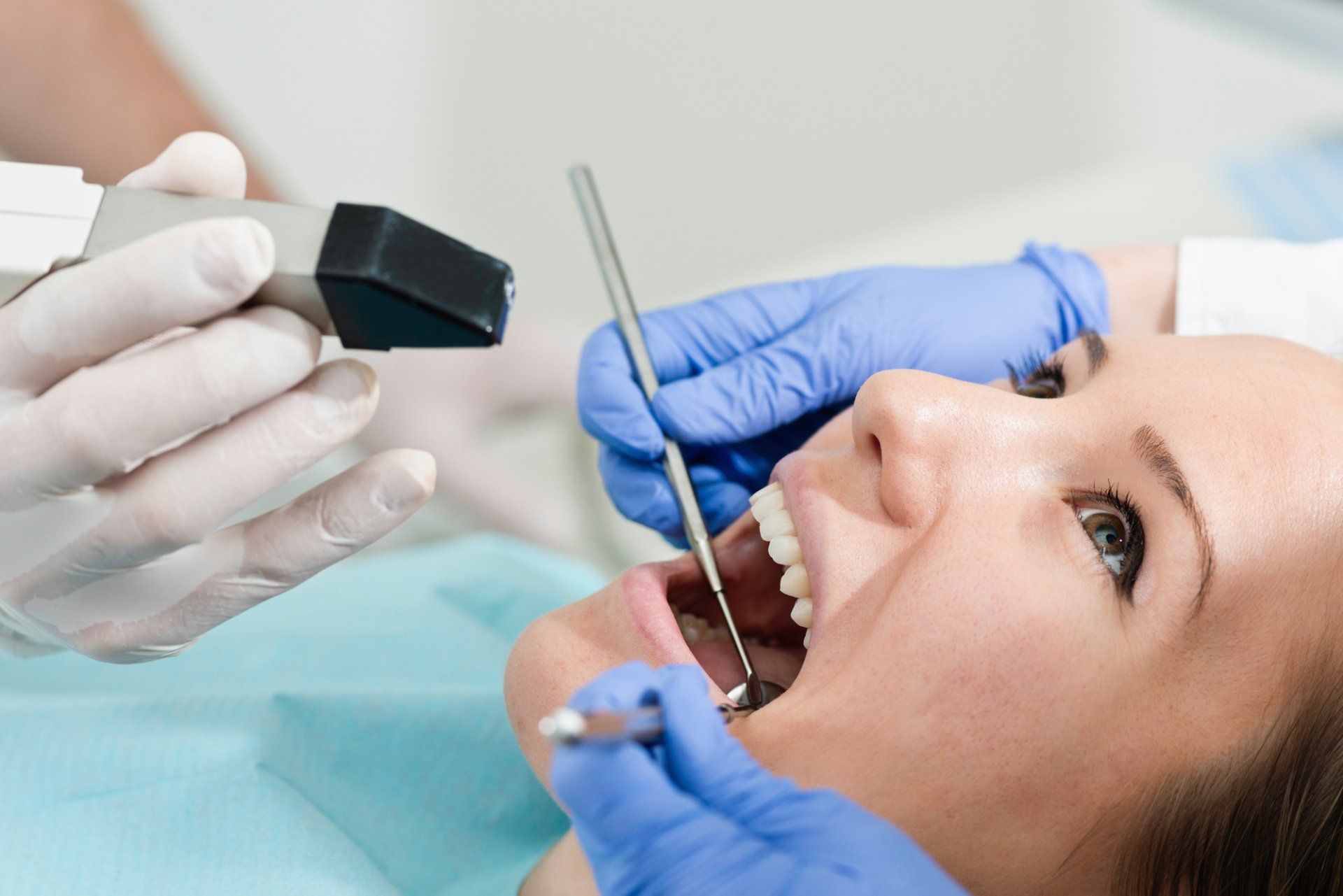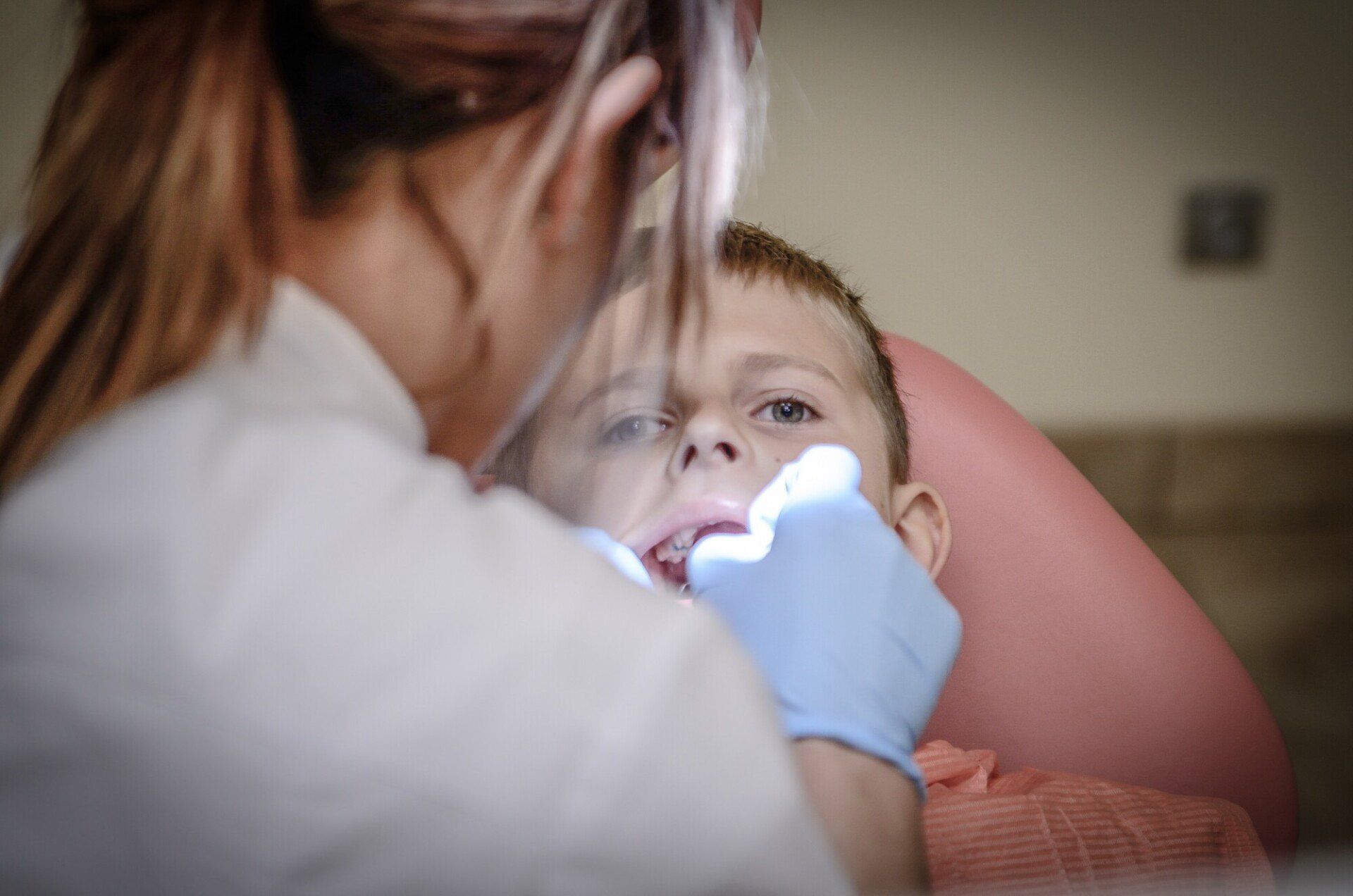7 Facts About the Dental Implant Recovery Process

Do you have missing teeth? It may surprise you to learn that over 3 million Americans have dental implants. Replacing lost teeth improves dental health, nutrition, and self-confidence.
Most people wonder what it’s like to get these implants. Keep reading this article to learn about dental implant recovery. Then talk to your dentist to see if this is a good option for you.
Benefits of the Dental Implant Procedure
Missing teeth makes it harder to chew and speak. It also can change the shape of your face and make people feel reluctant to smile. They may even decrease their social interaction.
Getting dental implants provides artificial teeth that look and function as normal ones. You can chew and bite as you did before.
The implant keeps other teeth from moving into the blank space. It also stimulates the bone cells in the jaw and helps restore bone loss. This promotes healthier jawbones and gums.
They restore the normal shape of your face and give you back the confidence to smile. Patients report an improved self-image and feel more confident in social and professional settings.
What to Expect During Your Dental Implant Recovery
The length of the recovery process depends on several factors. Examples include your general health, the number of implants, and the specific procedure.
Your dentist will check your dental health to decide if you need other procedures. For example, if your jawbone has lost a lot of bone, you may need a bone graft. This step adds extra recovery time for the total procedure.
Yet, it’s vital to have a strong bone to hold the implant and achieve the best results. The gum usually heals in about ten days. After this time, you can return to your normal diet and activity.
The following provides a summary of the common dental implant recovery process.
1. Bleeding After the Implant
It’s normal to have some bleeding from the implant site for one or two days. If the bleeding lasts longer or increases, call your dentist for further instructions.
2. Bruising and Swelling
Another common side effect is swelling and bruising. This is greatest during the first few hours after the procedure.
Apply ice for about 20 minutes at a time to help reduce these symptoms. Take it off for 20 minutes before reapplying. Be sure to wrap the ice pack in a towel to protect your skin and make it more comfortable.
Immediately call your dentist If the swelling lasts several days and/or you see pus or have a fever. These can be signs of an infection.
3. Pain Management
Most people report mild discomfort after having an implant procedure. The application of ice will help with the pain as well as the swelling and bruising. Your dentist will also prescribe pain medications to take as needed.
Some individuals have pain for up to six weeks. Talk with your dentist if you feel like your pain is lasting longer than expected.
They will often recommend special soft diets for up to two months. This helps reduce the pain while the bone heals around the implant.
4. Post-implant Dental Care
Your dentist’s instruction usually tells you to avoid putting pressure on the implant for a few days. You may gently brush and floss your teeth, but you may need to avoid brushing your implant at first.
Rinsing with salt water reduces the number of bacteria in your mouth. This decreases the irritation at your stitches and soothes your mouth.
Put 1 teaspoon of salt in eight ounces of warm water. After the salt dissolves, gently swish it in your mouth for about 30 seconds and then spit it out. Repeat this about four times a day based on your doctor’s instructions.
Some dentists have you gently swish mouthwash to keep your mouth clean. If your implant starts feeling loose, call your dentist right away. They may want you to come in to get it checked.
5. Recommended Diet
Your dentist will give you a diet to follow during the first week(s) after your procedure. In general, avoid hard textures and spicy foods. Choose items that are soft and mushy. A few examples include:
- Boiled or baked beans
- Bananas
- Pudding
- Oatmeal
- Mashed potatoes
- Chicken broth
- Eggs
Be sure to drink plenty of cool or room temperature fluids. Avoid hot beverages such as coffee or tea, alcohol, and carbonated drinks. Don’t use a straw because the suction can break blood clots loose.
6. Activity Restrictions
You want to rest during the first few days. Avoid strenuous exercise as this may increase your pain and/or bleeding. It’s good to take short, slow walks to promote good skin and lung health.
It’s important to refrain from smoking. This can interfere with the healing process and even lead to complications.
7. Follow-up Appointments
Your dentist will schedule follow-up appointments to check on how well you’re healing. Make sure you attend all these check-ups. If there’s a problem, they can catch it early and treat it before a serious complication occurs.
Are You Looking for Dental Implants Near Me?
If you’ve decided to get dental implants, discuss the procedure with your dentist. Ask them questions about the expected dental implant recovery. Bischoff Family Dentistry offers general family dentistry services.
Our expert and friendly dentists also provide dental implants, cosmetic, and hi-tech procedures. This allows you to get all your dental needs met under one roof in Peoria, AZ. We’ve provided professional care to this area for 30 years.
You’ll find that we accept most dental insurance plans. We also offer affordable individual and family payment plans. Contact us today for an appointment.










